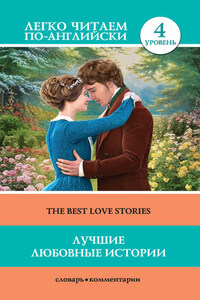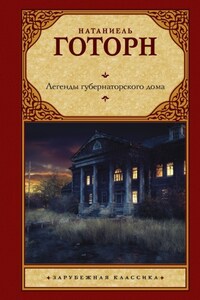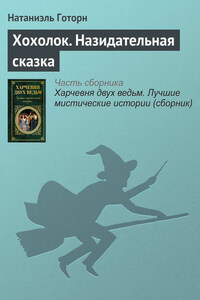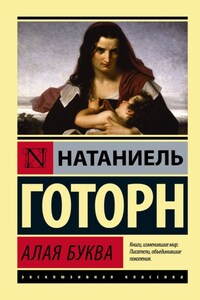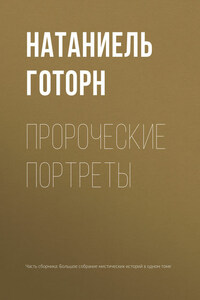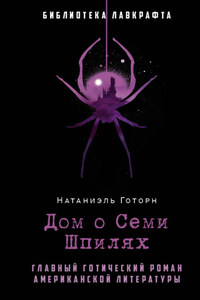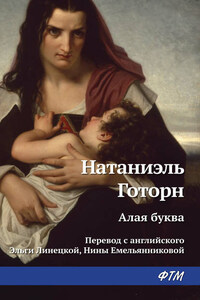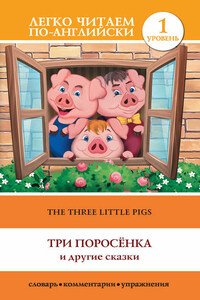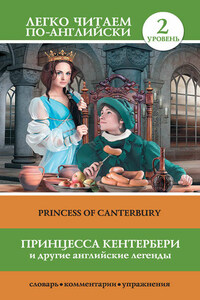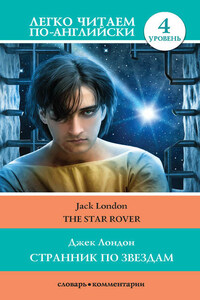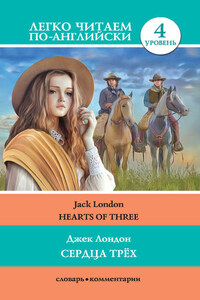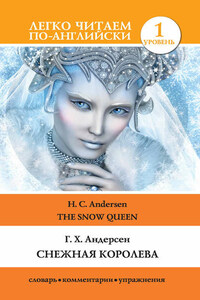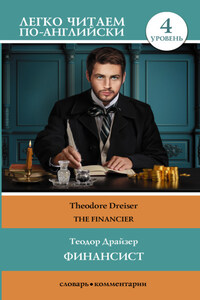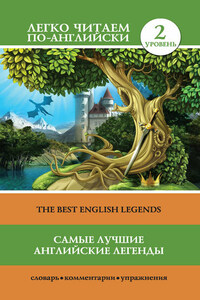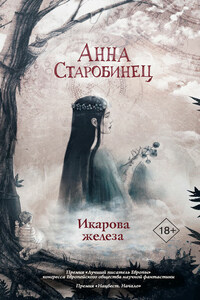Rappachini’s Daughter
After Nathaniel Hawthorne (1804–1864)
A young man, named Giovanni Guasconti, came, very long ago, from the more southern region of Italy, to pursue his studies at the University of Padua. Giovanni, who did not have very many gold ducats in his pocket, took lodgings in a high and gloomy room of an old house which looked worthy to have been the palace of a Paduan noble, in fact, a family mansion. Being heartbroken, which was natural to a young man for the first time out of his native places, Giovanni sighed heavily as he looked around the empty and ill-furnished apartment.
“Holy Virgin,[1] signor!” cried old Signora Lisabetta, who, won by the youth’s remarkable beauty, was kindly trying to give the room a habitable air.[2] “Why should[3] a young man sigh like that? Do you find this old mansion gloomy? Then, put your head out of the window, and you will see as bright sunshine as you have left in Naples.”
Guasconti mechanically did as the old woman advised, but could not quite agree with her that the Paduan sunshine was as cheerful as that of southern Italy. Such as it was, however, it fell upon a garden beneath the window with a variety of plants, which seemed to have been cultivated with exceeding care.[4]
“Does this garden belong to the house?” asked Giovanni.
“No; that garden is cultivated by the own hands of Signor Giacomo Rappaccini, the famous doctor, who has been heard of as far as Naples. It is said that he turns these plants into medicines that are as strong as a charm. Often you may see the signor doctor at work, and perhaps the signora, his daughter, too, gathering the flowers that grow in the garden,” answered old Lisabetta.
The old woman had now done what she could to make the room look better; and left.
Giovanni looked down into the garden beneath his window. From its appearance, he judged it to be one of those botanic gardens which had been in Padua earlier than anywhere in Italy or in the world. Or, probably, it might once have been the garden of a rich family; for there was the ruin of a marble fountain in the centre, but so shattered that it was impossible to see the original design from the chaos of remaining fragments. The water, however, continued to sparkle in the sun. All about the pool into which the water fell grew various plants, that seemed to require plenty of moisture for the gigantic leaves and gorgeous flowers. There was one shrub in particular, set in a marble vase in the middle of the pool, that had purple blossoms, each of which seemed bright enough to illuminate the garden. Every portion of the garden had plants and herbs, carefully cultivated.
